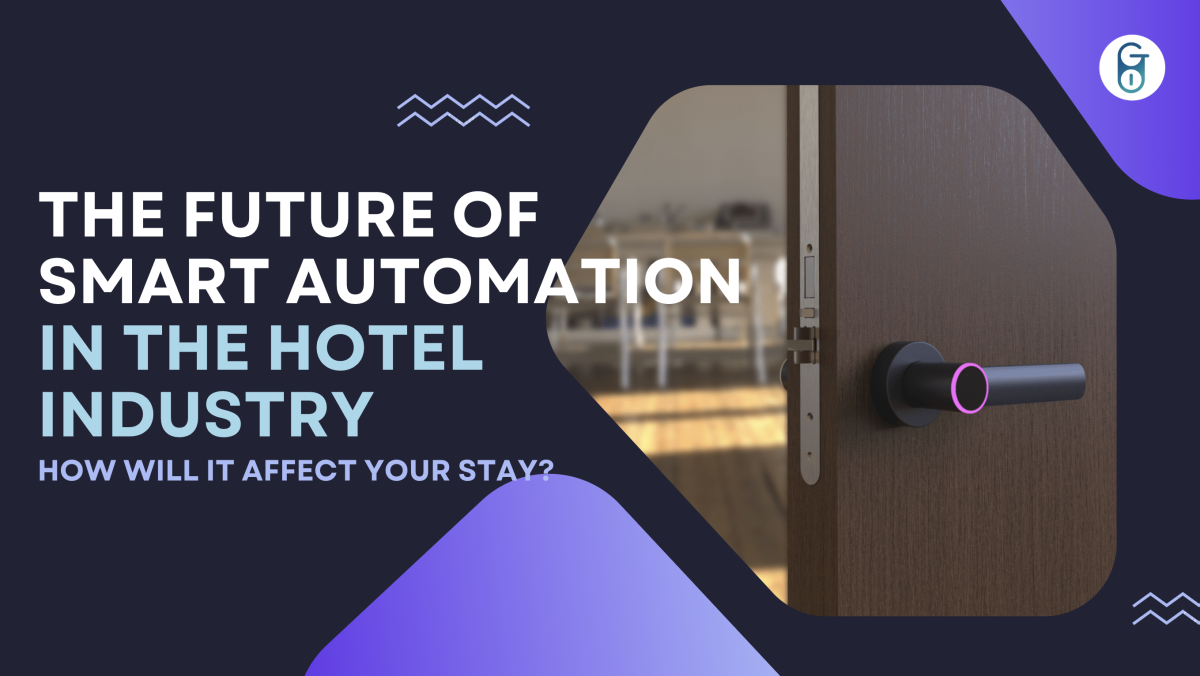As AI and machine learning technology continue to grow and advance at an alarming rate, nearly every industry has begun to see the benefits of implementing automated systems into their day-to-day operations. The hotel industry is one of the few that instantly comes to mind when you think of automation. Self-check-in kiosks at hotels, vending machines, and robotic cleaning are just some examples of how technology has made life easier for hotels and their guests. But in this rapidly changing digital world, there’s much more we can expect from smart automation in the hotel industry in the coming years.
What is Smart Automation?
Automation is the process of simplifying a system or process through the use of machines or computer systems. In the hotel industry, automation is used to increase efficiency by reducing the need for human work. This can be achieved through robotics, machine learning, AI, and computer systems. The future of smart automation will be the integration of these technologies to make daily tasks more efficient for humans and to create new opportunities for businesses. AI is a type of computer automation that enables machines to mimic human behavior, such as learning and problem-solving. AI is used in all types of industries, including hotels.
A brief history of AI in the hotel industry
Automated systems have long been used in the hotel industry. Hotels like the Sheraton Park Hotel in Chicago had remote check-in machines, pneumatic tubes for ordering room service, and even vending machines as early as the 1960s! The rise of the Japanese hotel industry and its adoption of the American trend of automated systems occurred in the 1970s and 1980s. Hotels even went so far as to allow customers to use intercom systems to order food from their rooms and have it delivered via pneumatic tubes! Guest reservations were made via fax machines. Self-check-in kiosks started to become more popular in the 1990s, and in the 2000s, smart hotel amenities like automated parking and indoor GPS systems became commonplace.
Autonomous Hotel Rooms and Amenities.
Smart sensors are built into autonomous hotel rooms and can be used to improve the guest experience. The lights, air conditioner, and other features of the guest room will turn on automatically when guests enter their space. These elements are interconnected with a centralised control system that enables visitors to modify or control them using a smart device. Furthermore, this technology has been shown to be energy-efficient because it turns off all of the components of the guest room when the guests leave.
The BlueTooth lock is another excellent piece of hotel automation. It can improve the checkout and check-in process, eliminating the need for guests to wait to speak with a human concierge to begin or end their stay. Guests can complete the check-in/out process using their mobile phone. Furthermore, BlueTooth locks are more secure because their digital mobile keys are unique, irreplaceable, and cannot be duplicated.
IoT and smart hospitality
The hotel industry is no stranger to the Internet of Things (IoT), with many hotel chains already implementing IoT-based systems. Hotels, for example, could use IoT to detect when a light bulb burns out and order a replacement, or they could install sensors on their doors and windows to monitor traffic patterns and guest arrivals and departures. While IoT has had an impact on the hotel industry, smart hospitality is expected to have an even greater impact.Smart hospitality uses artificial intelligence (AI) and machine learning to provide personalised guest experiences. A hotel recommending a nearby eatery based on a guest’s dietary restrictions, dietary preferences, and past dining history is an example of smart hospitality. Smart hospitality will also be able to provide personalised services such as room service and housekeeping to guests. For example, if a guest leaves their lights on and their room becomes too hot, the system will detect this and notify housekeeping to correct the situation.
Conclusion
As technology continues to advance and become more sophisticated, hotels will be able to implement automated systems in a variety of ways. Beyond autonomous guest rooms, hotels can use smart automation systems to save both time and money, while also improving the overall guest experience.


